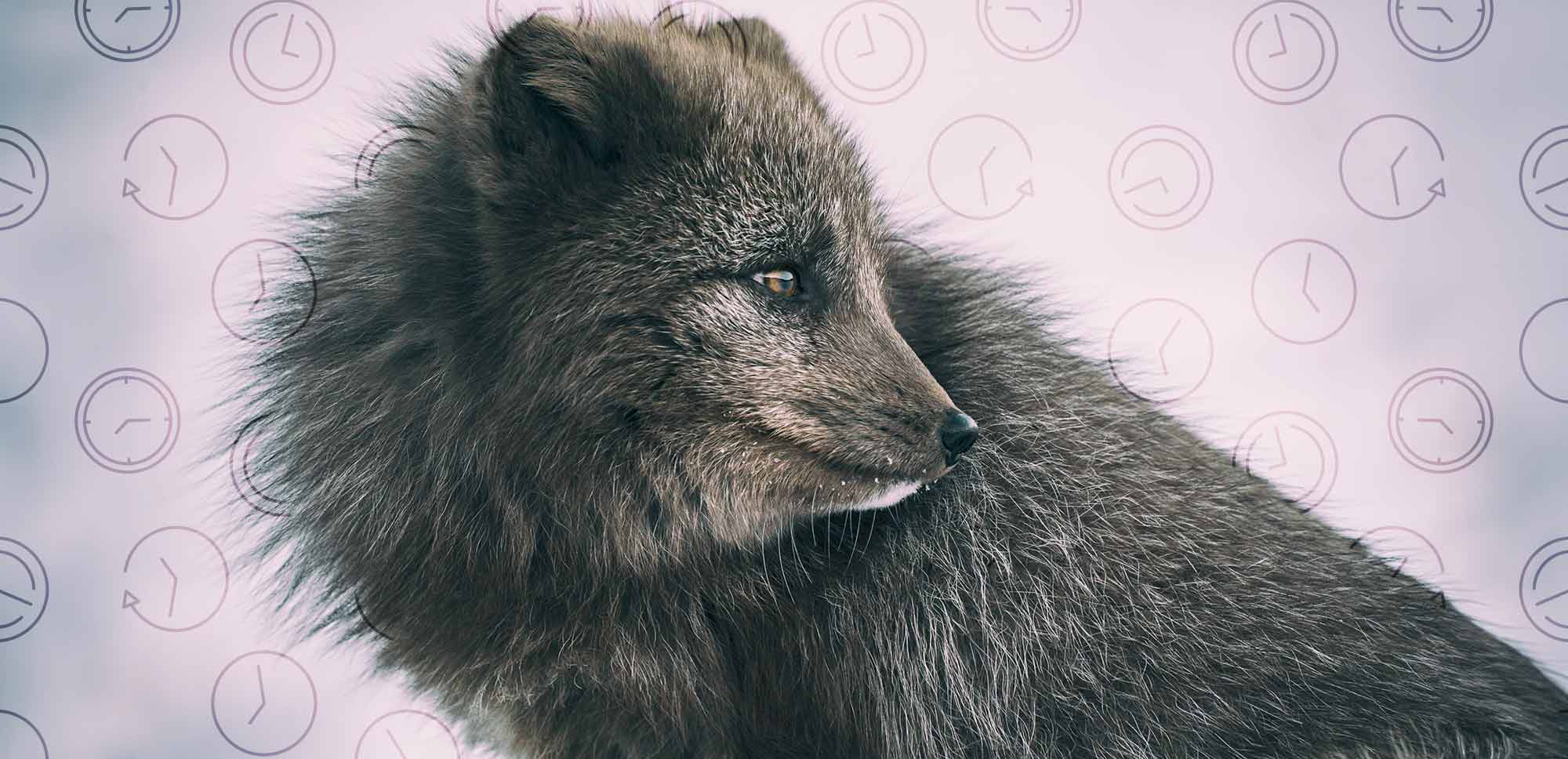What has allowed humans to develop their adaptive capacities over the course of evolution? Intelligence or being social animals? We ask this question because a few years ago Nature published a pioneering study that pointed to the surprising connection between domestication and intelligence in silver foxes, and its conclusions may well serve to discuss what may have been one of the keys to human success.
The study around silver foxes explained a little further down in this article serves to raise the question: could this process of becoming more social be what drove the development of human intelligence? Since the dawn of our existence, humans have lived or hunted in groups and created complex societies. Cooperation and communication have been crucial to our survival and success. Today, we’ll delve into the intersection between sociability and intelligence, and how this relationship can define the success of an organisational culture.
What will I read in this article?
- The domesticated fox experiment
- The “collective brain”, the key to human evolutionary success
- Innovation and adaptation through diversity
The domesticated fox experiment: animal intelligence and docility
The study, conducted in the mid-20th century in Siberia by Russian geneticist Dmitri Belyaev, began by selecting those foxes that naturally appeared most docile for breeding. That is, the foxes that showed the least fear and aggression towards humans. Observations from the experiment of the domesticated foxes showed that with each generation, the animals became more and more docile. After 50 generations, more than 85 % of the new foxes were domesticated.
However, the most surprising thing about the study is not just this behavioural change. The researchers found that the most docile foxes were also the most intelligent.
This suggests that the process of domestication may have a significant impact on the animals’ intelligence.
“With domestication, humans began to control food resources, their location, abundance, type… it became no longer necessary to go in search of food, it was where our ancestors wanted it,” comments Carles Vilà, an expert in evolutionary genetics, in this article on the Russian research in El País. “It’s been a central element in allowing the change in the human way of life, going from being hunter-gatherers to being farmer-gatherers“.

“With domestication, man began to control food resources, their location, abundance, type… it became no longer necessary to go in search of food, it was where our ancestors wanted it.”
The “collective brain”, key to human evolutionary success
The findings of the domesticated fox experiment are reminiscent of the theories of Joseph Henrich, a leading professor of human evolutionary biology at Harvard University, renowned for his work on psychology, decision-making and culture from an evolutionary perspective.
Henrich argues that the secret of human success lies not in our innate intelligence, but in our “collective brain”, the ability of human groups to interconnect socially.
According to the researcher, although Neanderthals had larger brains and also cooked and used tools, Homo sapiens had a crucial advantage: we were more sociable and could therefore learn from each other more effectively.
This ability for cultural learning allowed us to develop and refine our skills and technologies at a much faster rate than other species. And, according to Henrich, this is what explains both our genetic evolution and our extraordinary trajectory as a species.
“Homo sapiens had a crucial advantage: we were more sociable and could therefore learn from each other more effectively.”
Innovation and adaptation through diversity
Henrich’s theory also shows that the best way to generate innovation and adaptation is to bring together people with diverse areas of expertise, experience and ways of approaching problems.
In this regard, Garett Jones, an economist and professor of economics at George Mason University, points out that there’s a link between a country’s wealth and the intelligence of its citizens. Far from advocating progress and triumph thanks to a small group of geniuses, Jones points out that the average IQ of a nation matters far more than that of any individual person.
The economist identified four “positive side effects” of living in a “smart” country: the relationship between IQ, patience, cooperation, team performance and team member productivity, factors that can increase average incomes.

In terms of organisational culture, these elements can be translated in the following ways:
* Diversity: Organisations that value diversity tend to bring together people with different areas of expertise and experience, which can foster innovation and adaptation, as different perspectives and approaches can lead to more creative and effective solutions to problems.
* Cooperation: According to Jones, living in a “smart” country encourages cooperation. In an organisational environment, cooperation is crucial for effective teamwork and productivity. An organisational culture that promotes cooperation can therefore increase productivity and revenues.
* Patience: Patience is another factor that Jones identifies as a “positive side effect” of living in a “smart” country. A quality that can be particularly valuable in managing change and adapting to new circumstances or challenges.
* Intelligence: Ultimately, the average intelligence of an organisation can have a significant impact on its success, just as the average intelligence of a nation can impact its wealth, according to Jones.
All in all, as we’ve seen with the tame fox experiment, the dichotomy between intelligence and sociability in our species is but two sides of the same coin. Both characteristics have worked synergistically throughout our evolution, allowing us to adapt, innovate and thrive in an ever-changing world. At the end of the day, we are a species that learns and grows together.
Sources:
- Jones, G. (2015). Hive Mind: How Your Nation’s IQ Matters So Much More Than Your Own. Stanford University Press.
- “Garett Jones”. Mercatus Center. Retrieved 2024-02-19.
- https://people.acciona.com/es/inclusion-y-diversidad/el-exito-de-los-equipos-diversos/


